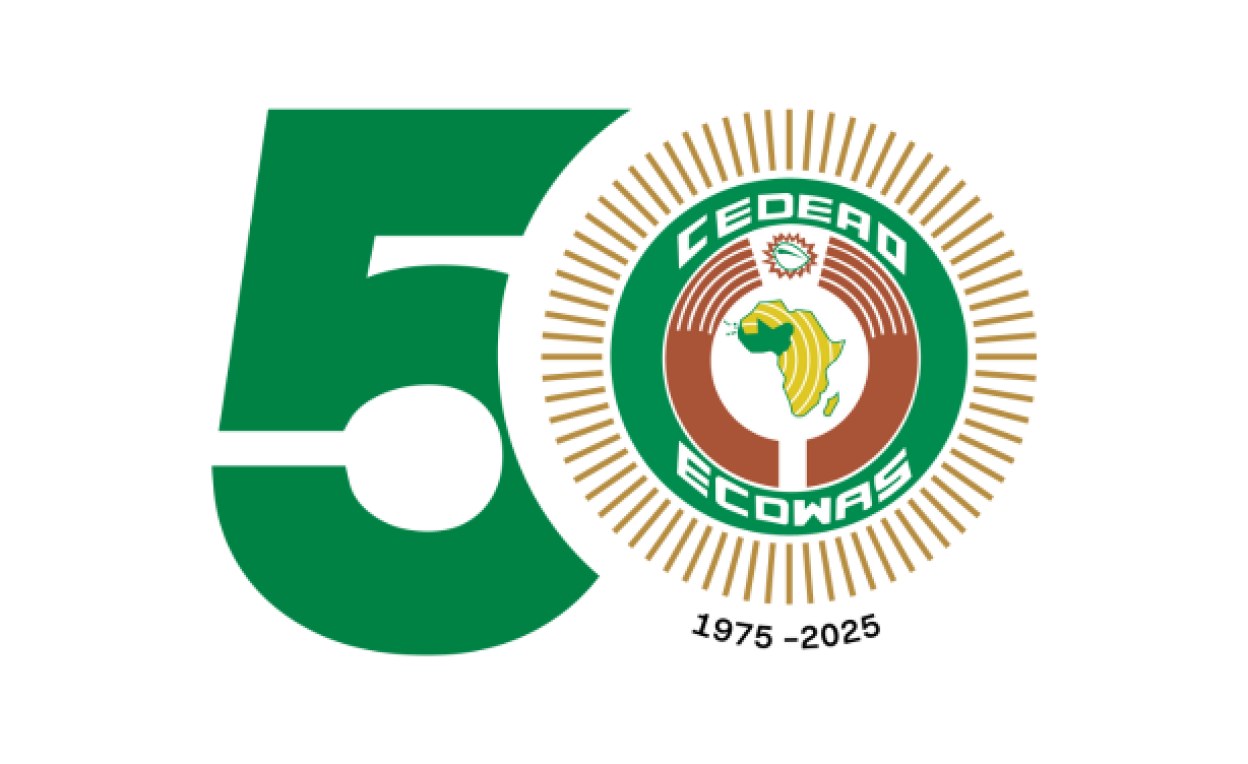West Africa: Can ECOWAS Survive Beyond 2030?.
- Home
- West Africa: Can ECOWAS Survive Beyond 2030?.

- 23 May, 2025
- Faith Kegh
- comments off
West Africa: Can ECOWAS Survive Beyond 2030?.
The West African region is facing a major geopolitical shift, and ECOWAS (Economic Community of West African States) is at the center of a growing crisis. Once seen as a symbol of unity and integration, the organization is now widely viewed as ineffective in responding to the region’s deepening political and security problems.
As ECOWAS approaches its 50th anniversary on May 28, 2025, its credibility is under serious threat. The emergence of the Alliance of Sahel States (ASS)—formed by Mali, Niger, and Burkina Faso and led by military juntas—represents both a rebellion against and a challenge to ECOWAS’ authority.
The Rise of the Sahel Alliance
The ASS did not arise out of nowhere. It was born from a sense of disillusionment with ECOWAS’ inconsistent responses to political crises. The three countries, all of which experienced coups, felt that ECOWAS treated them harshly while tolerating undemocratic practices elsewhere, such as in Togo. ECOWAS imposed sanctions and even considered military intervention in Niger, reinforcing the perception of bias and double standards.
These nations have turned to new allies like Russia and Turkey, reflecting their loss of confidence in ECOWAS and their determination to secure their own futures independently. Their decision to break away is a direct rejection of ECOWAS’ leadership and legitimacy.
Public support for ASS leaders, particularly Burkina Faso’s Ibrahim Traoré, highlights a broader regional shift in expectations. Many in West Africa and the diaspora view ASS as a bold, necessary alternative to a weakened ECOWAS.
ECOWAS in Decline
Historically, ECOWAS played a key role in promoting regional stability, economic cooperation, and conflict resolution. But over time, the organization has lost ground due to internal contradictions, a perceived alignment with foreign interests, and failure to uphold democratic values consistently.
Its silence on abuses of power, rigged elections, and indefinite presidential terms while quickly punishing military regimes has caused widespread resentment. Critics accuse ECOWAS of being a presidents’ club disconnected from the people it claims to represent.
The growing belief that ECOWAS is beholden to Western interests has further damaged its standing, making room for alternative alliances like ASS to gain traction.
A Crossroads for the Future
ECOWAS now faces a critical test of survival. If it continues to ignore the democratic demands of West Africans, its relevance may fade entirely. The constitutional changes in Togo, which stripped citizens of their right to directly elect the president, and ECOWAS’ silence on opposition figures being barred from elections in Côte d’Ivoire, serve as stark warnings.
Without reforms—including enforcing presidential term limits and genuinely promoting democratic accountability—ECOWAS risks becoming obsolete. In contrast, the influence of groups like ASS and external actors such as Russia could continue to grow, leading to further instability and possibly more coups.
By 2030, West Africans may look back on ECOWAS as a failed experiment—unless it takes bold steps now to redefine itself and truly serve its people.
About the Author:
Komlan Avoulete is a Sahel researcher and geopolitical analyst, focused on African affairs, particularly US-Africa and France-Africa relations, as well as West African security dynamics.

Content & Editorial Manager – Leads the creation, review, and publication of high-quality news and media content. She ensures that all editorial work reflects the organization’s standards of accuracy, professionalism, and relevance, while also engaging and informing the audience.
As the key driver of TokinPoint Media LTD’s editorial voice, the manager oversees content planning, assigns tasks to writers or editors, enforces deadlines, and ensures consistency across all platforms. She also plays a strategic role in aligning content with audience interests and search engine optimization (SEO) best practices.
Discover more from TokinPoint
Subscribe to get the latest posts sent to your email.
- Share
Faith Kegh
Content & Editorial Manager - Leads the creation, review, and publication of high-quality news and media content. She ensures that all editorial work reflects the organization’s standards of accuracy, professionalism, and relevance, while also engaging and informing the audience.
As the key driver of TokinPoint Media LTD's editorial voice, the manager oversees content planning, assigns tasks to writers or editors, enforces deadlines, and ensures consistency across all platforms. She also plays a strategic role in aligning content with audience interests and search engine optimization (SEO) best practices.
